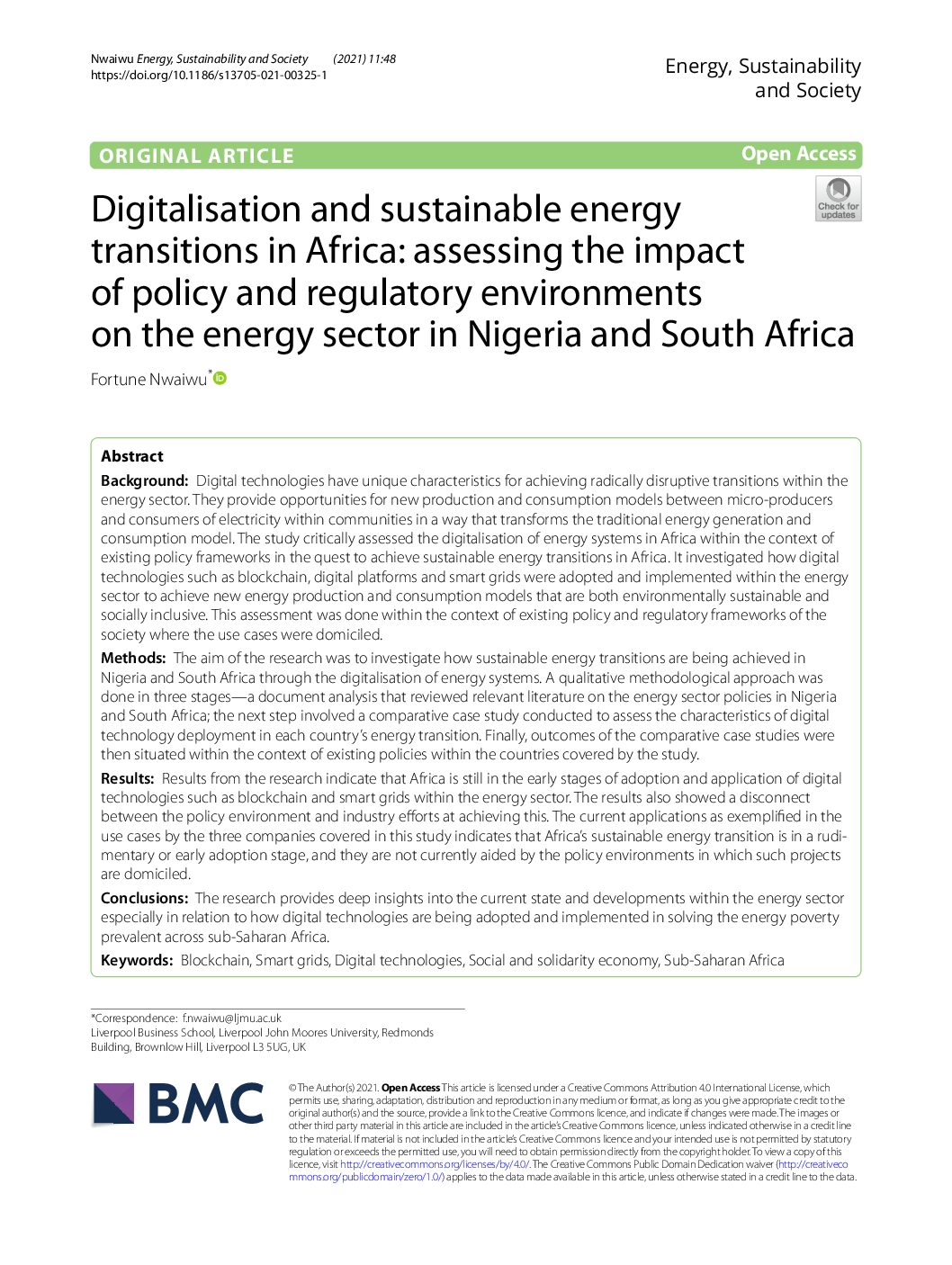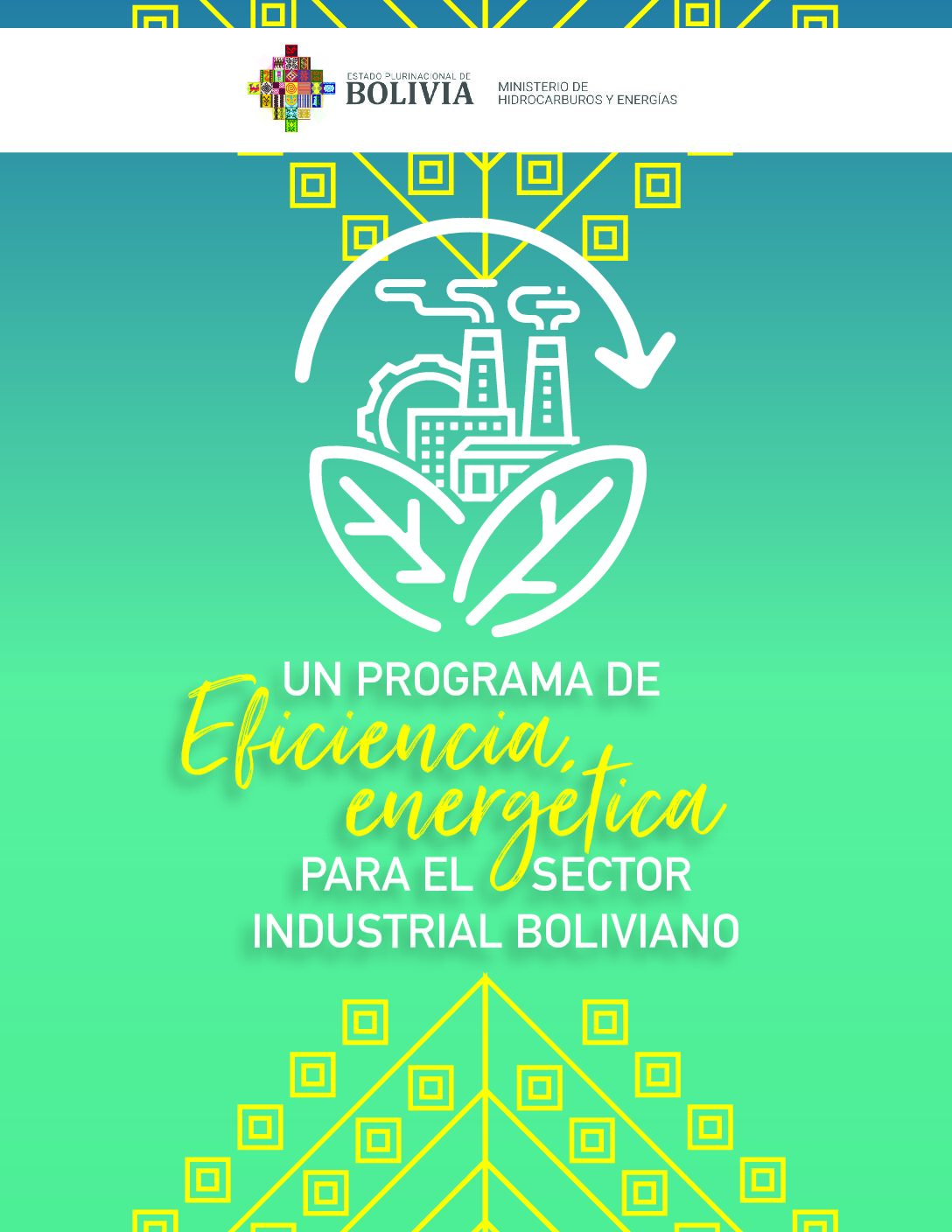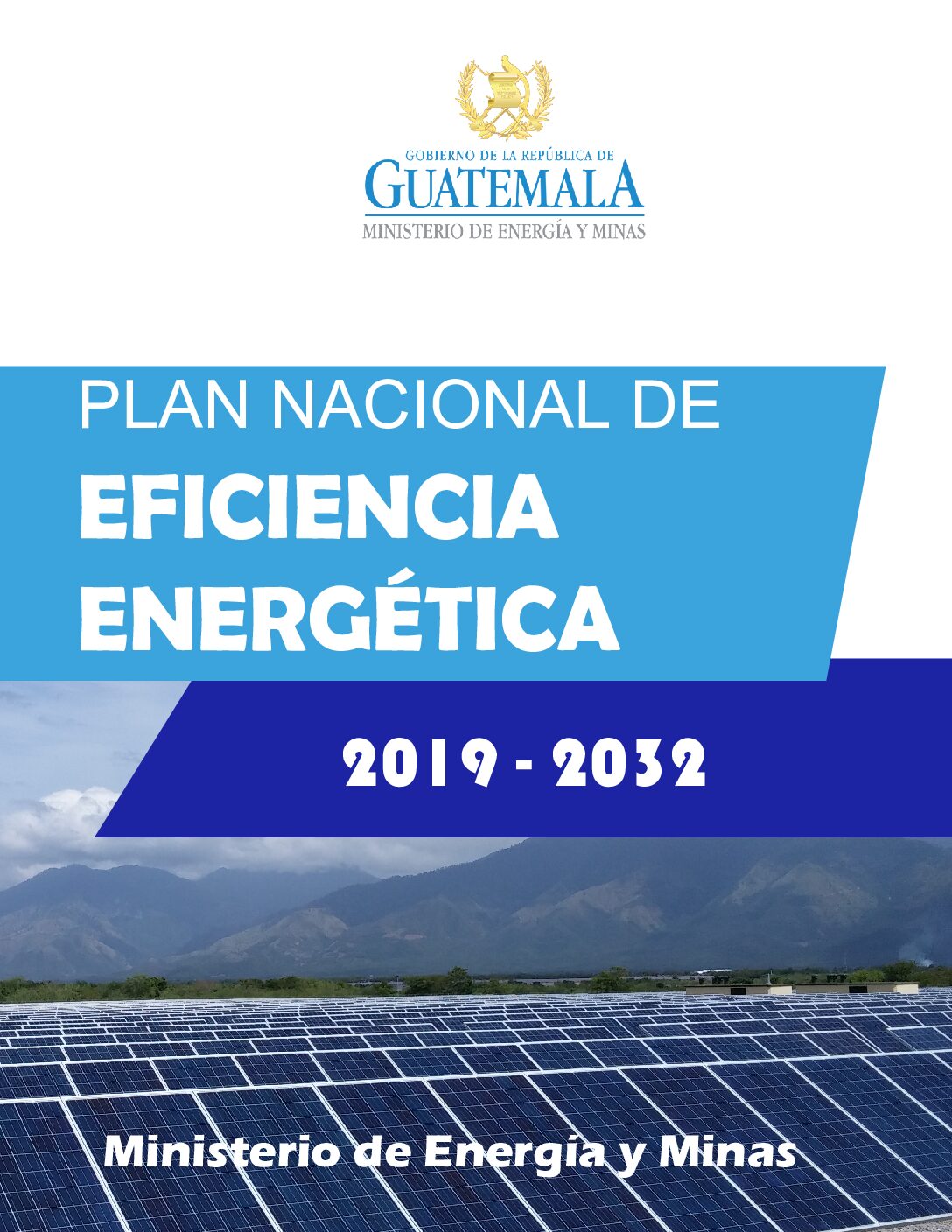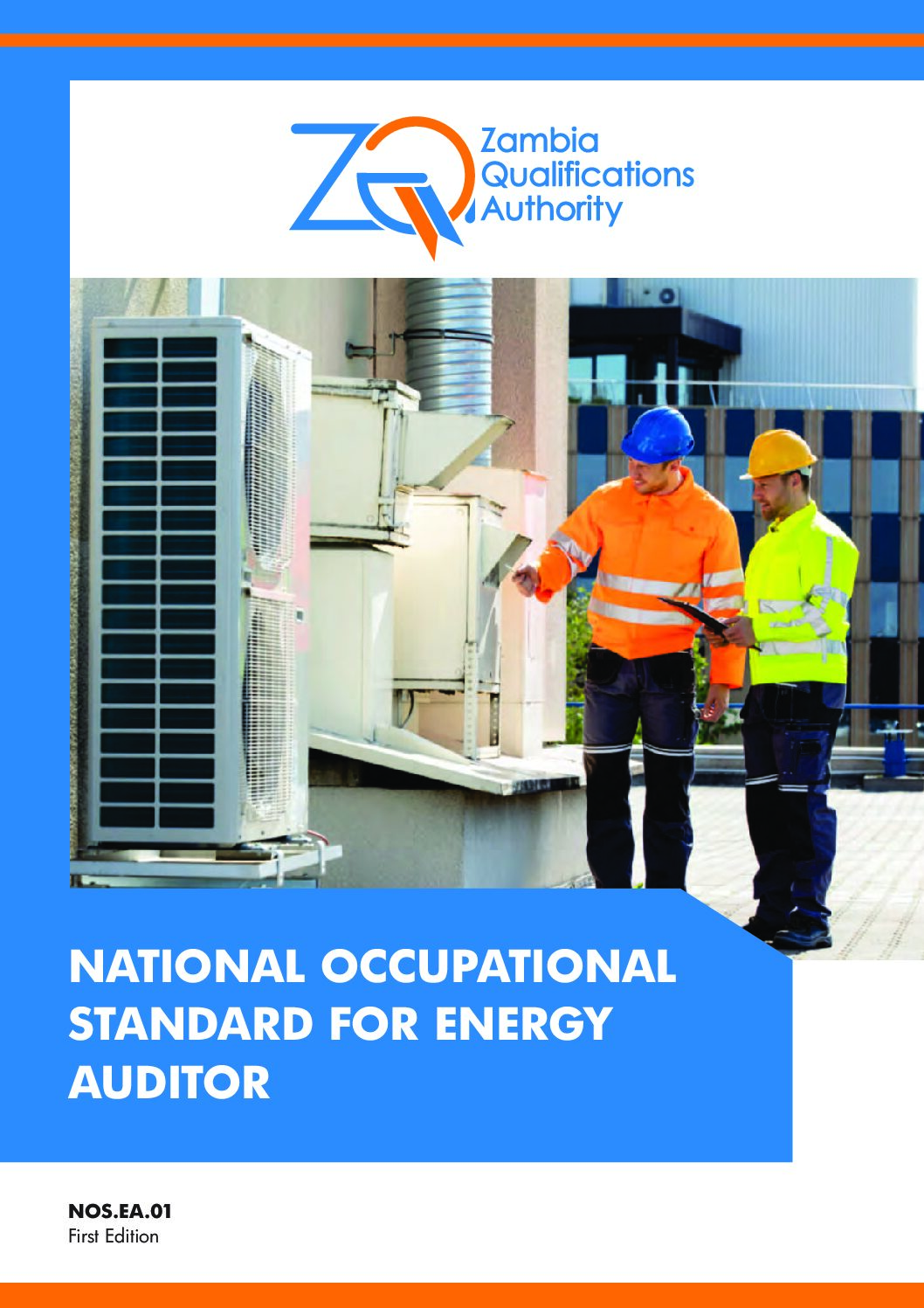This study critically assesses the policy and regulatory frameworks for the digitalisation of energy systems in support of energy transitions in Nigeria and South Africa.
This strategy describes the current state of industrial energy efficiency in Bolivia and ways to advance progress.
This is a strategy for energy efficiency in Guatemala, covering the following sectors: public services, industry, transport, residential and academia.
This strategy provides an overview of energy production and consumption in Zambia, and sets objectives for efficiency improvements in the residential, industrial and transport sectors.
This paper discusses the role of AI in the energy transition in Latin America, identifies key factors for successful implementation in the region and proposes an AI maturity model for the energy transition that allows stakeholders to assess the status and gaps for the AI adoption.
This paper projects the future demand for green hydrogen-based steel, and finds that though short-term demand is expected to be limited, in the long term, significant growth can be expected.
This study examines the integration of AI into energy management processes in industrial facilities and the advantages it provides.
This National Occupational Standard highlights core knowledge, skills, competences and personal attributes that Energy Auditors must possess to be successful in their jobs.
This paper models the impact on climate and emissions of Tanzania’s clean cooking targets.
This is a cam[paign strategy to engender behavioural change and the increased uptake of clean cooking solutions in Kenya.





